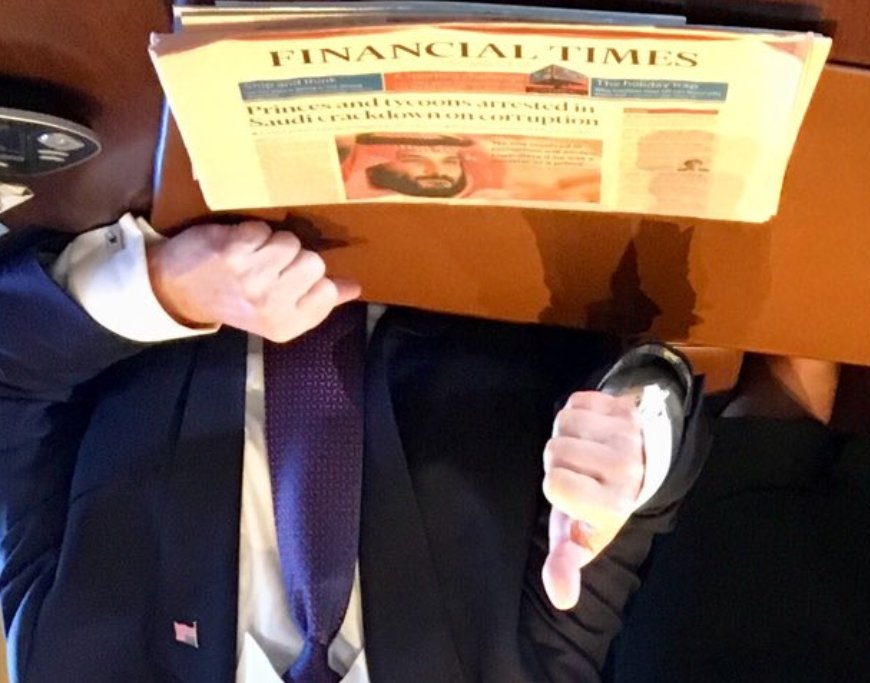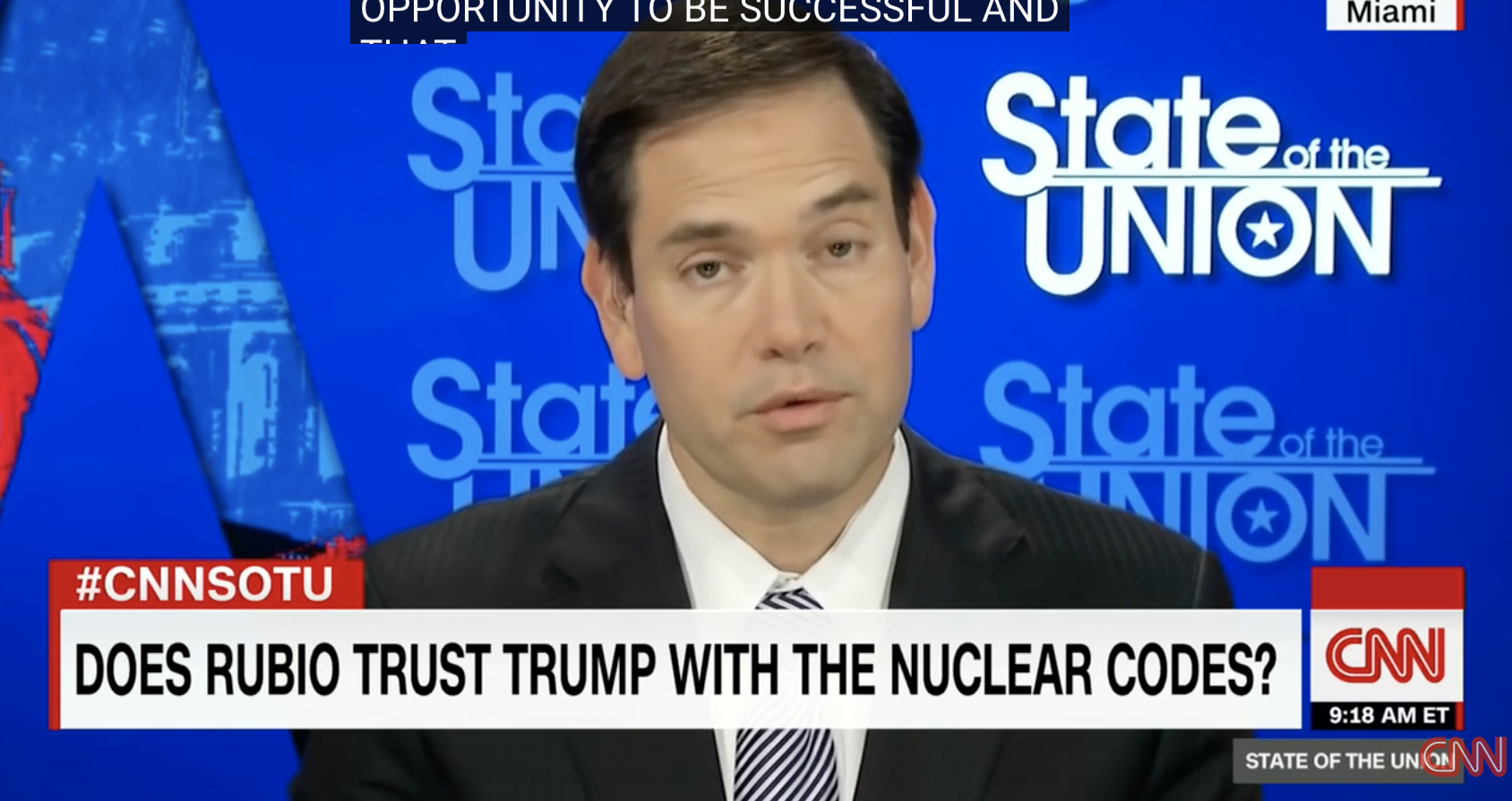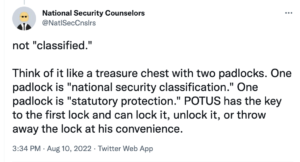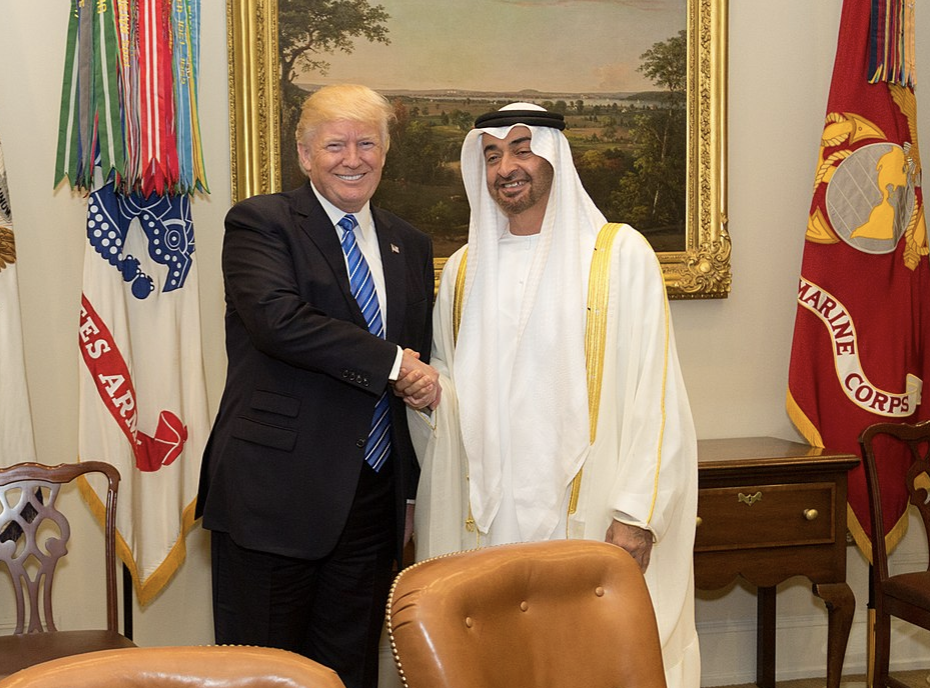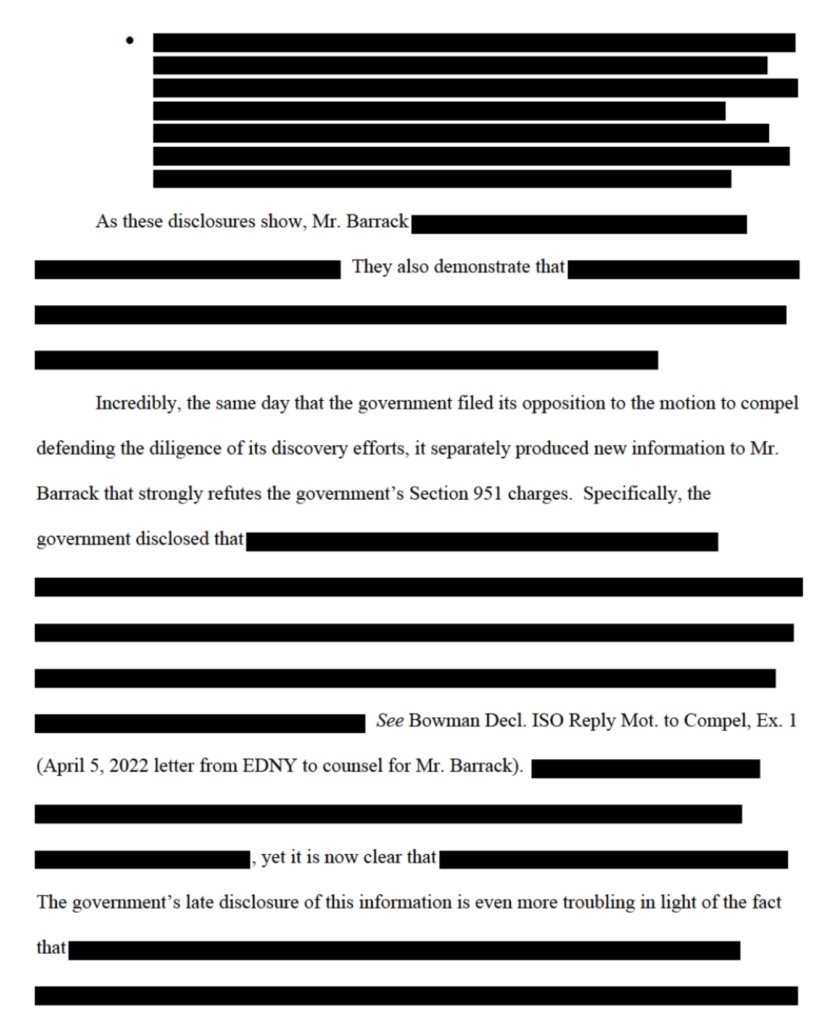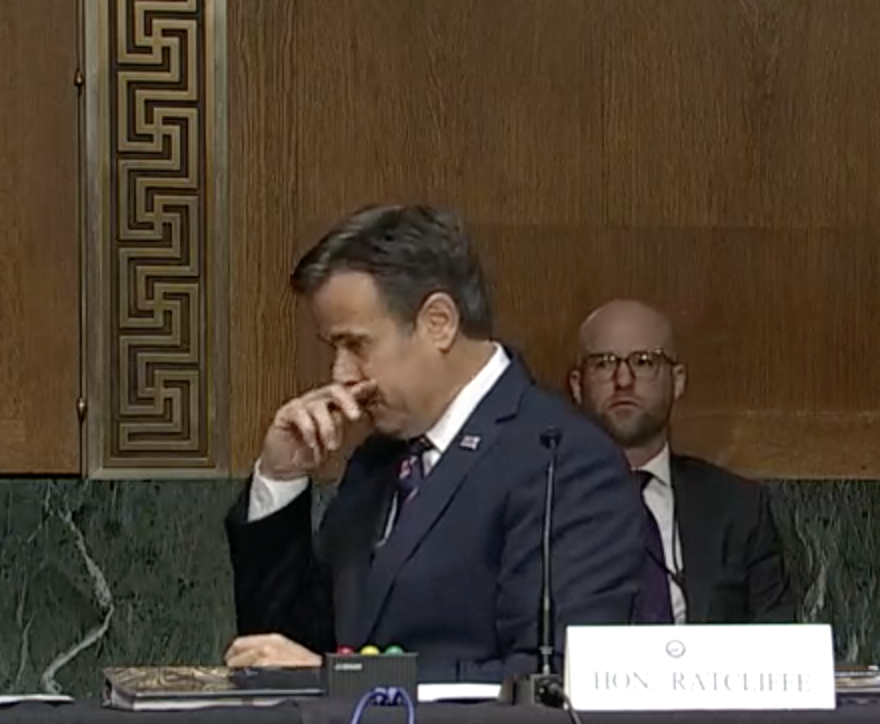Things the Legacy Media Found Less Important than Joe Biden’s Apostrophe
If Kamala Harris loses today, America’s media ecosystem will bear a great deal of the blame.
As I’ve said before, part of that is the hermetically sealed Trump propaganda industry, starting with Fox News. About 35% to 40% of American voters live in that world and believe Trump’s false claims of grievance. With Pete Buttigieg leading the way and a bunch of ad buys, Harris cracked that world just enough to elicit squeals about betrayal from Trump.
Part of that is the disinformation industry, led by Elon Musk. As more of America becomes a news desert, voters’ window on the world is often mediated by the algorithms of people, like Musk, who have a stake in debasing reason.
But a big part of it is the legacy media, which has gotten so addicted to horse race that it has lost interest in the reality of politics’ effects on ordinary people’s lives.
In an interview with Margaret Sullivan, Jay Rosen describes how reporters chose to chase Joe Biden’s alleged attack on Trump supporters rather than things that mattered to voters.
“But the horse race is too easy, too available — it has all these advantages,” he said.
How does this play out? This is my example, not Jay’s, but consider how the New York Times and the Washington Post, along with others in national media, gave such huge emphasis last week to the story about Biden’s verbal gaffe in which he used the word “garbage.” (He says he was describing the demonization of Puerto Rican people that was depicted at Trump’s appalling Madison Square Garden rally; others — especially on the right — heard Biden’s words as a description of Trump’s followers.)
If coverage is based around the horse race, this is a big story because it remind people of how Hillary Clinton’s 2016 campaign was damaged after she described some Trump fans as a “basket of deplorables.” And indeed, that’s how they played it — both major newspapers led their home pages with that story, framing it as how Kamala Harris was being forced to distance herself from Biden and how it was giving “grist” to her opponents. Both papers also put the story above the fold on their Thursday front pages.
Huge, in other words. As Greg Sargent of the New Republic put it in a smart X thread: “The news hook is literally that it provided ‘grist’ to Republicans,” and this in effect “outsources the judgment about the newsworthiness of the event to bad-faith actors.” He’s right. It’s also classic false equivalence — as Trump devolves into simulating oral sex with a microphone, there must be something bad to say about Harris’s campaign, right?
If media coverage had been centered around the potential loss of American democracy, or really, anything other than horse race coverage, this Biden screwup wouldn’t have mattered much. Biden’s not the candidate, after all. There’s no actual consequence to this story.
But if your organizing principle is the horse race — neck and neck going into the home stretch! — Harris’s response is a much bigger deal. So the emphasis tells us a lot.
In a piece reminding that Rick Perlstein this childish practice of chasing bogus scandals has a long history — did you know that the press shamed John McCain for fighting back against Karl Rove’s black baby smear? — he also notes that sometimes voters just won’t play along.
Breaking en masse for Kamala Harris, Puerto Ricans just might be the ones who end up confounding that elite media’s desperation to end this race in a photo finish. If they do, they will have proved once and for all that the most malodorous garbage during this campaign was the stuff those elite journalists kept trying to shovel in our face.
Indeed, as Daniel Marans described, some Puerto Rican voters took renewed offense from Trump’s stunt of renting a garbage truck.
Nilsa Vega and Neidel Pacheco of Hellertown, a borough south of Bethlehem, both said they had never voted before, but Hinchcliffe’s remarks were the reason they planned to vote for Harris on Tuesday.
“That hit the spot right there,” Vega said. “They keep saying, ‘Oh, he’s only a comedian.’ It still hurts.”
Pacheco saw Trump’s decision to pose in a garbage truck at a campaign stop in Wisconsin the following day as an additional insult. “If he didn’t have nothing to do with it, what’s he doing in the garbage truck?” Pacheco asked.
Meanwhile, here’s a story about the Syracuse student who got one of the most impactful stories in a key swing district: whether Republicans will cut off job-creating funding from the CHIPS Act.
Back on July 17 — four days before Biden dropped out — I made a list of stories that the press was ignoring by instead focusing on Joe Biden Old. They were:
- Is Trump a Saudi Foreign Agent?
- What deals has Trump made with Putin and/or Orbán?
- What happened to the missing classified documents?
I’d add a few more:
- What is the state of Trump’s health and is he suffering ongoing symptoms from the shooting attempt?
- Who are the other business partners and backers behind the various means Trump has established, like Truth Social, to launder payments?
We are hours away from polls closing, and Eric Lipton is one of the few journalists (along with Forbes, which reported on a new loan Trump got in 2016 today) who has shown much curiosity about who actually owns Trump.
We literally don’t know the precise nature of the business relationship between the Saudis and Emiratis — to say nothing of Russia or Egypt — and the Republican candidate for President.
Instead, we know that Republicans were able to bait the press into chasing an apostrophe for several of the last days of this campaign.

